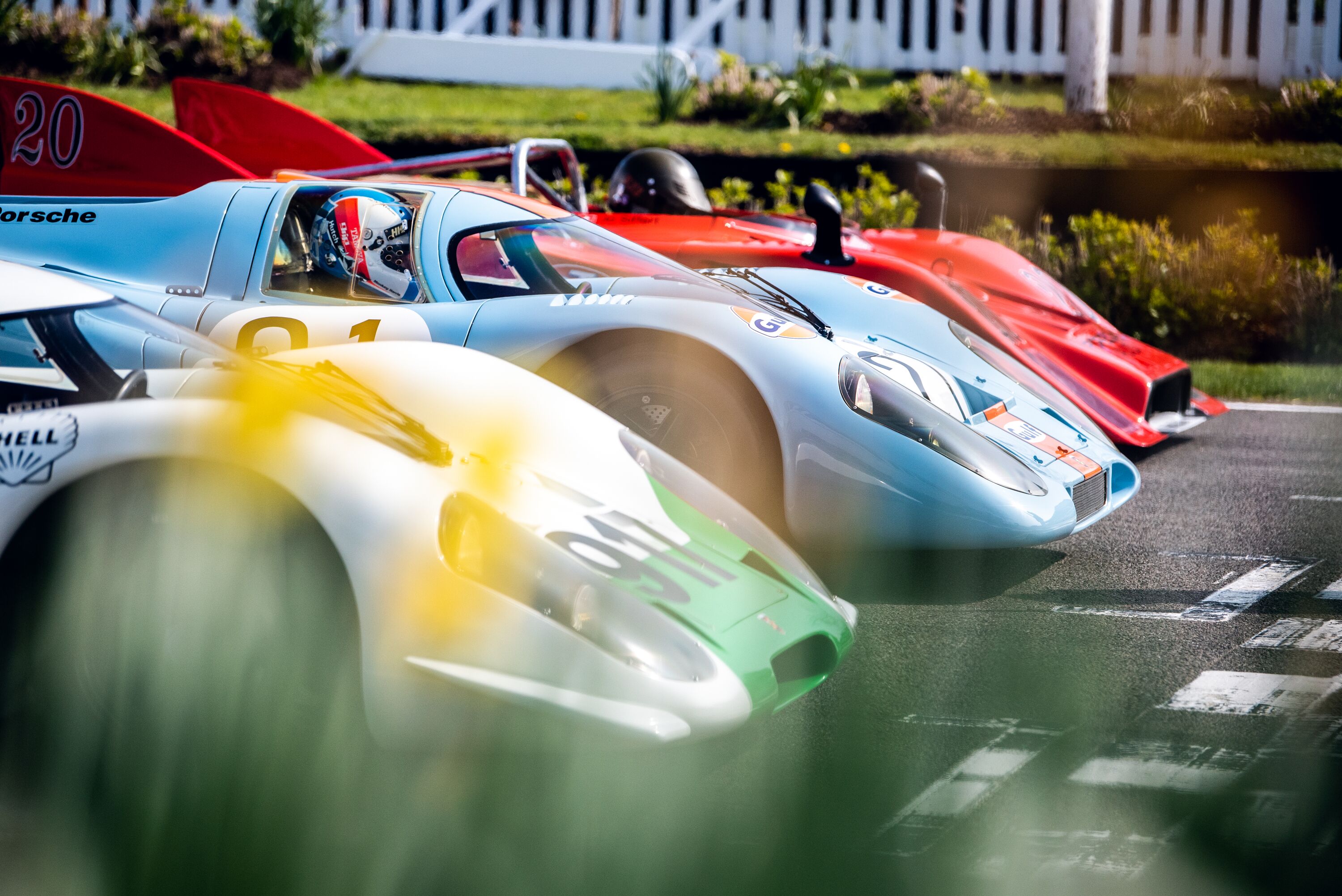Four reasons why Formula E should not be ignored
Love it or hate it – and there are plenty of racing fans who dwell in both camps – the all-electric Formula E single-seater championship has to be recognised now as the most significant global racing series beyond Formula 1.

The World Endurance Championship and World Rally Championship have the weight of history, fantastic venues, greater speed and – it must be said – more spectacle. But Formula E beats both on a couple of key points: perceived relevance to the world’s car manufacturers, which have flocked in ever-increasing numbers to the series; and a quality grid of drivers boasting familiar names and raw talent that, pound for pound, only just falls short of F1.
To ignore it now, as the series embarks on its fifth season this coming weekend, would be churlish. Here are some reasons why.
1 The series has a world-class calendar of races
Formula E hasn’t yet attracted the mass global appeal of F1, but it’s making gains. And the two codes share more in common than official FIA status, not least a tendency to turn a blind eye to human rights… The choice of Riyadh in Saudia Arabia for the first round on Saturday is unfortunate, given recent events.
Still, from a sporting and commercial perspective the line-up of 12 cities that host the 13 rounds offer the manufacturers, sponsors and media an attractive proposition. As F1 struggles to maintain rounds in its traditional heartland – Britain, Germany, France, Italy and others could all lose their grands prix without F1 intervention – Formula E’s brand of pop-up street tracks appear in the likes of Hong Kong, Rome, Paris, Monaco, Berlin and New York. The last named has long been courted by F1 for years, but a GP has never materialised. In contrast, FE boasts a double-header season climax in the Big Apple. That’s kudos right there.
2 The cars now go the distance
This is the biggest and most important improvement for the new season. Out go mid-race car swaps to cover the lack of electrical range in the batteries, as the new, futuristic-looking ‘Gen2’ racer takes its bow.
The range issue was an obvious point of contention, especially for cynical petrolheads, but that’s now history thanks to improved storage capacity. More power should also increase speeds, although the Dallara-built chassis would still look too slow on a traditional road circuit. The super-tight street circuits are the best showcase when outright speed is still limited by technological development at this stage of EV evolution.
To ensure the cars definitely do go the distance, Formula E has sensibly reduced its race length – or we should say duration. All rounds will now run to 45 minutes rather than a set number of laps, which makes sense for other reasons beyond range, too. F1 grands prix are often criticised by those who don’t really love them for being too long. By taking half the time, FE races should be more accessible to a wider audience.
Marketing types love tightly packaged ‘content’… The new race format ticks all the boxes.
3 Familiar faces add to the strong driver line-up
The series has always boasted respected talent, with a fair share of ex-GP aces looking for a meaningful sporting life after F1 going up against ‘good pros’ who never quite made the grade at the pinnacle.
This year, the burgeoning profile, growing manufacturer interest and technical progress – plus the fact it’s one of the few codes of motor sport in which racing drivers can earn decent money – have all contributed to a new influx of familiar names.
Former Ferrari F1 star and 11-time GP winner Felipe Massa is surely FE’s biggest driver coup so far, the Brazilian joining EV car manufacturer and long-established series entrant Venturi.
Joining Massa in the series is Stoffel Vandoorne, who hopes to rebuild a damaged reputation after two difficult F1 seasons with McLaren with HWA, the former DTM team which will benefit from Mercedes factory support in the near future. Oh, and the fact Mercedes has ditched its once-beloved DTM for electric racing tells you everything about which way the global automotive wind is blowing.
Vandoorne will be teamed with double DTM champion and long-time McLaren F1 tester Gary Paffett, a man who deserved to a GP career. How both fare in their first FE campaigns will be a major talking point of the season.
Then there’s former Sauber racer Pascal Wehrlein – who on merit should still be in F1 – and underrated British ace Alex Sims at the Andretti team which now benefits from BMW factory status, no less.
The mix of genuinely world-class talent and increased manufacturer punch – Porsche are also due for season six – should be too good to resist for even the most obstinately traditional petrolhead.
4 The BBC will now broadcast the races
FE has always been careful to avoid direct comparison with F1, and by starting its season during the winter helps. Of course, if fans begin to migrate from F1 to electric racing in the future, series founder Alejandro Agag would lose little sleep.
Unlikely? Don’t be so sure. The BBC signing up will help, especially in the year F1 won’t be shown live on UK terrestrial channels for the first time since 1978.
Following the Saudi Arabian round this weekend (no one mention allegedly murderous state leaders, please, especially on telly), the series reconvenes early in the new year in Santiago, Chile on January 26, then moves on to Mexico City and Hong Kong before the first GP in Melbourne brings F1 back to our screens (or not if we don’t have a Sky deal…).
The BBC coverage will run online, but is also available on the Red Button. If you’ve resisted so far, tune in at noon on Saturday to give FE a try. It might be better than you expect.
Photography courtesy of Motorsport Images.
Formula E




































































